In his short story entitled Home-coming, Kafka explores the various emotions one feels upon returning to a place, a thing, or a person, after an absence. In this case, the character is returning to the home of his childhood, and to the people who live there. We do not know the character’s name or how long it has been since he last saw his childhood home. We do not know where he has been, how far he has traveled, or how his journey has changed him. All we know is that he has come home and that his feeling upon returning is primarily one of uncertainty.
In addition to this uncertainty, there is also a small degree of fear, of the sort which so often accompanies uncertainty. He is faced with that fact that he recognizes the place but he no longer belongs there. Sure – the scenery has remained for the most part untouched, but the day-to-day living which takes place there is no longer familiar to him. The place has not changed much, but he has, and he consequently sees it in a different light; that is to say, he has changed and therefore, so has his perception.
“I have returned, I have passed under the arch and am looking around. It’s my father’s old yard. The puddle in the middle. Old, useless tools, jumbled together, block the way to the attic stairs. The cat lurks on the banister. A torn piece of cloth, once wound around a stick in a game, flutters in the breeze. I have arrived. Who is going to receive me? Who is waiting behind the kitchen door? Smoke is rising from the chimney, coffee is being made for supper. Do you feel you belong, do you feel at home? I don’t know, I feel most uncertain. My father’s house it is, but each object stands cold beside the next, as though preoccupied with its own affairs, which I have partly forgotten, partly never known. What use can I be to them, what do I mean to them, even though I am the son of my father, the old farmer? And I don’t dare knock at the kitchen door, I only listen from a distance, I only listen from a distance, standing up, in such a way that I cannot be taken by surprise as an eavesdropper. And since I am listening from a distance, I hear nothing but a faint striking of the clock passing over from childhood days, but perhaps I only think I hear it. Whatever else is going on in the kitchen is the secret of those sitting there, a secret they are keeping from me. The longer one hesitates before the door, the more estranged one becomes. What would happen if someone were to open the door now and ask me a question? Would not I myself then behave like one who wants to keep his secret?” – Home-Coming by Franz Kafka
In the beginning of the story, when he first arrives, he is somewhat relieved to find that he still recognizes certain familiar landmarks. “It’s my father’s old yard.” He thinks to himself, reassuringly, as he looks over the familiar “puddle in the middle” and the “old, useless tools, jumbled together” which “block the way to the attic stairs”. Even “The cat lurks on the banister”, as it always did.
In fact, everything which his eyes graze over seems to have stayed exactly as it was before. Everything is where it belongs, or rather, where it belongs, according to his memory. Even the cat remains as it was then, lurking on the banister, as in those childhood days. He even recognizes a scrap of fabric which evokes memories of some since forgotten game: “A torn piece of cloth, once wound around a stick in a game, flutters in the breeze.”
Though everything seems the same on the surface, he is not fooled. He knows that nothing remains unchanged. He knows that he too has changed – is no longer the boy he was then – and he senses that things here have changed too.
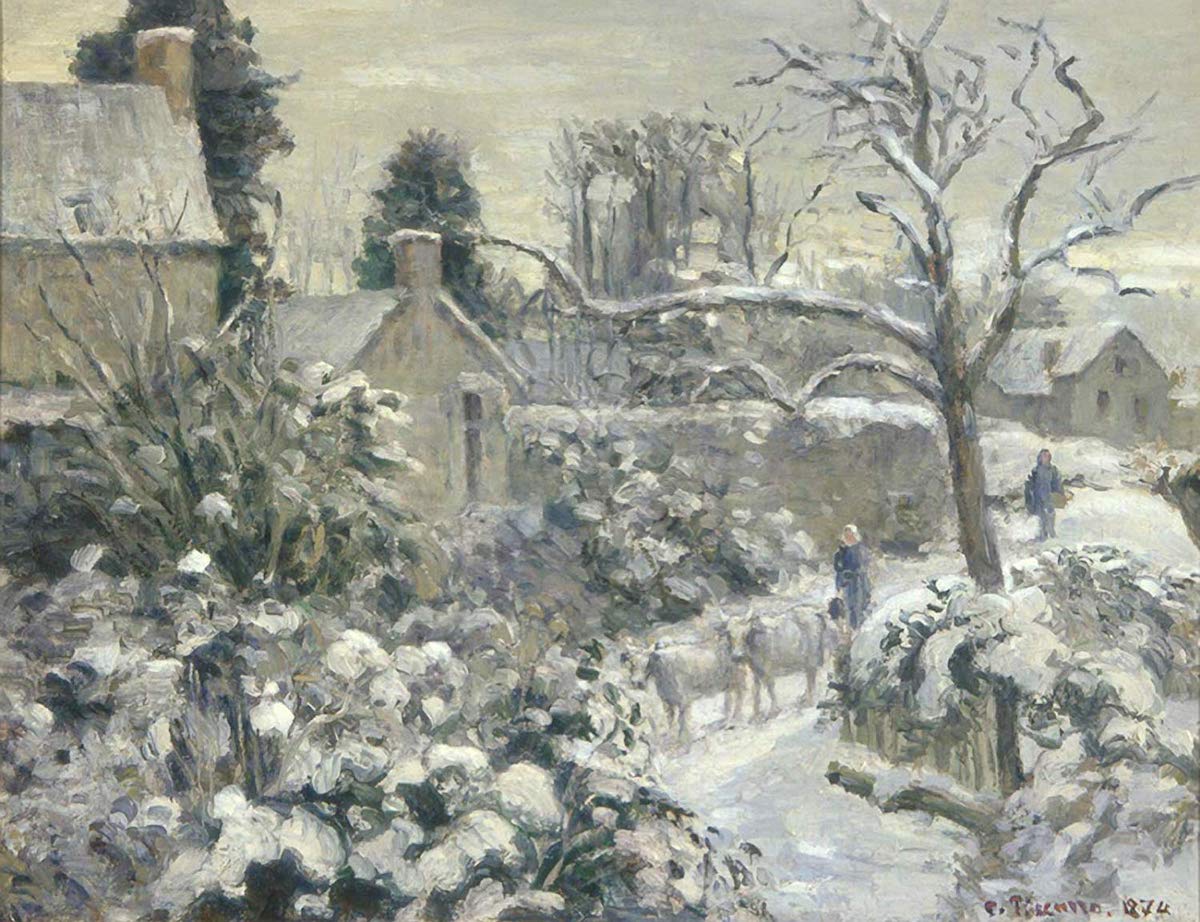
Snowscape with Cows at Montfoucault, 1874, by Camille Pissarro.
He is therefore somewhat anxious, suspicious, and uneasy. “I have arrived” he thinks to himself, but in the next line he is apprehensive: “Who is going to receive me? Who is waiting behind the kitchen door?” These questions are tinged with unease. What has become of the mother and father he knew? Are they as they were, only older? Or are they strangers now?
He sees that “Smoke is rising from the chimney” and knows that this means “coffee is being made for supper.” Yet he hesitates to enter the house, asking himself, as he stand before the closed door, “Do you feel you belong, do you feel at home?” He admits to himself, “I don’t know, I feel most uncertain.”
He realizes that the objects which seemed so familiar to him at first glance have taken on a different look, “My father’s house it is, but each object stands cold beside the next, as though preoccupied with its own affairs, which I have partly forgotten, partly never known.”
He realizes that he is a stranger here – a stranger to these objects, this house, these mysterious people making coffee on the other side of the door – and he thinks to himself, in a panic, “What use can I be to them, what do I mean to them, even though I am the son of my father, the old farmer?” And suddenly he is gripped with a terrible sort of fear; a feeling of not belonging; of intruding upon something uninvited.
“And I don’t dare knock at the kitchen door, I only listen from a distance, I only listen from a distance, standing up, in such a way that I cannot be taken by surprise as an eavesdropper.”
Even here, as he listens for some sign that it is okay to enter, to continue, he is afraid; afraid of being caught in his uncertainly; afraid he will no longer be recognized or welcomed; afraid that he will be mistaken as an eavesdropper.
“And since I am listening from a distance, I hear nothing but a faint striking of the clock passing over from childhood days, but perhaps I only think I hear it. Whatever else is going on in the kitchen is the secret of those sitting there, a secret they are keeping from me.”
The everyday events and affairs of this little household are no longer known to him. They have become a secret, a mystery, which he no longer knows. And as he stands before the door, paralyzed by anxiety and fear, he realizes that “The longer one hesitates before the door, the more estranged one becomes.” He begins to imagine, “What would happen if someone were to open the door now and ask me a question? Would not I myself then behave like one who wants to keep his secret?”
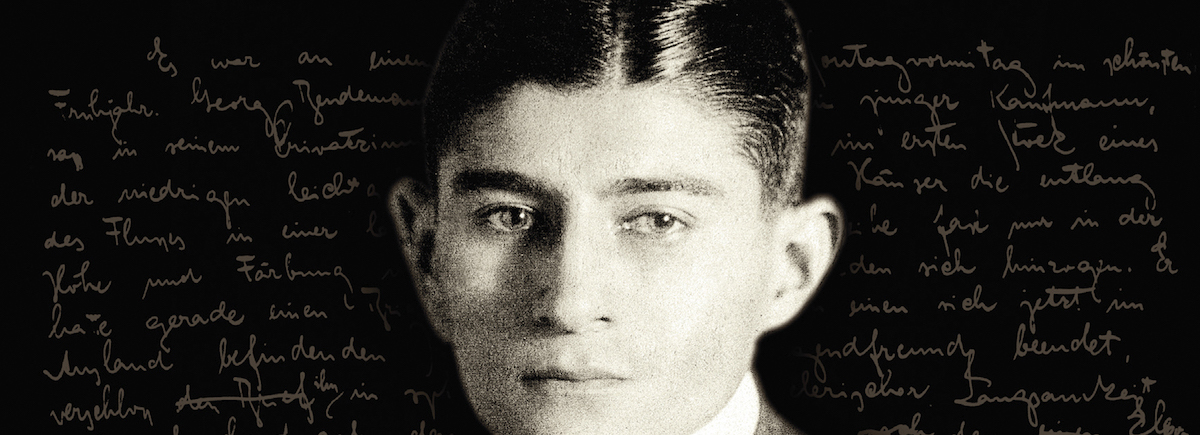
Franz Kafka.
What this incredibly brief story shows us is that, no matter how much we may long to return to something, returning to a person or a place, as we remember them, is ultimately impossible. Everything is changed, altered, or transformed by time, like clay at the hands of a sculptor.
As Milan Kundera wrote in his book Ignorance,
“And there lies the horror: the past we remember is devoid of time. Impossible to reexperience a love the way we reread a book or resee a film.”
Perhaps that is precisely what this story is about: the impossibility to re-experience a place or a person the way we reread a book or resee a film, and the subsequent feelings of fear and loss which we face upon realizing this impossibility.
(Note: if you buy any book(s) using the links above, I will receive a small commission. It will not cost you anything extra, and you will help me to maintain this blog. Thank you.)

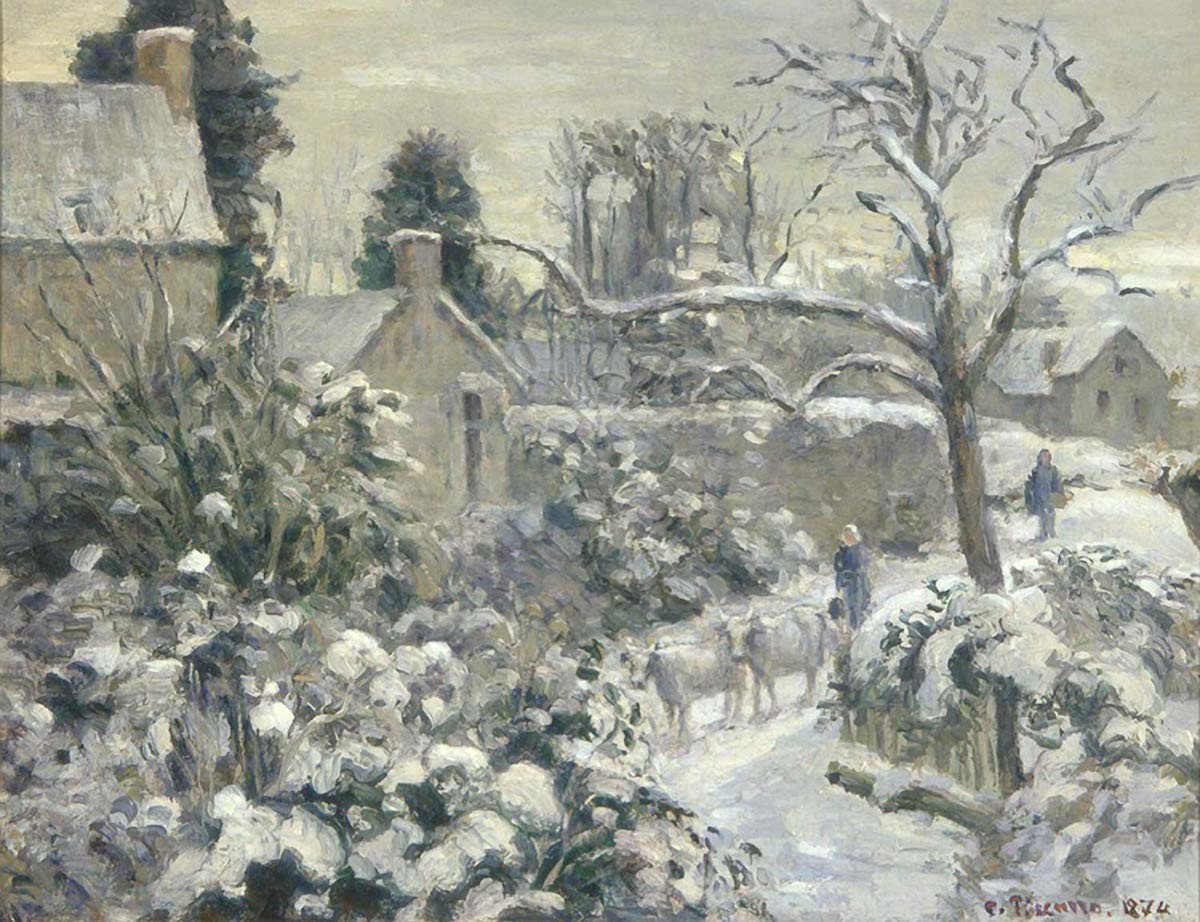
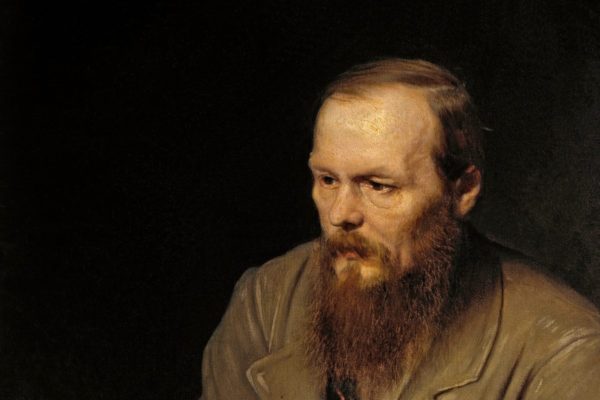
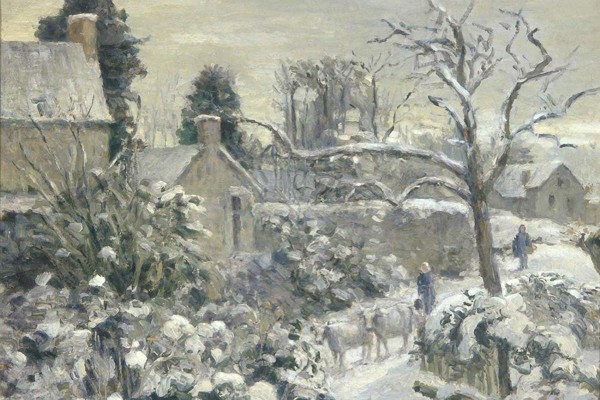
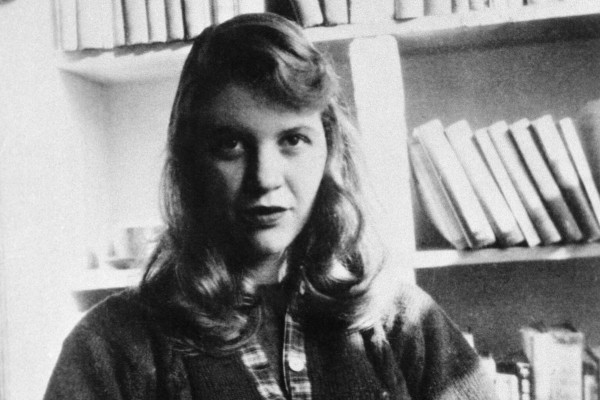
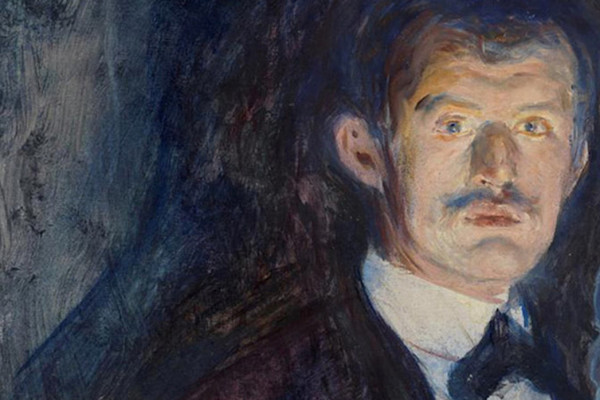
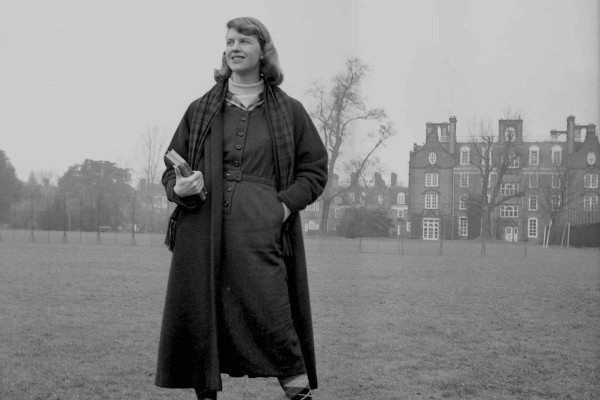
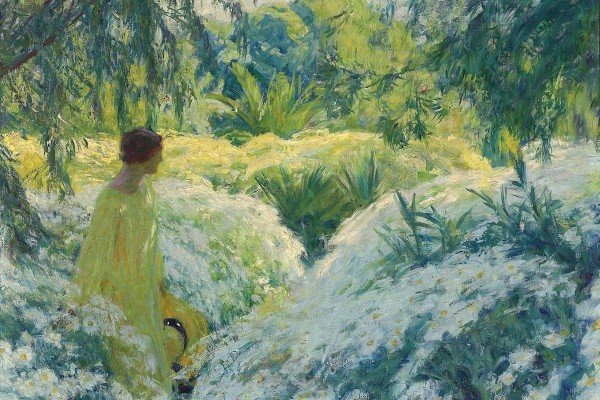
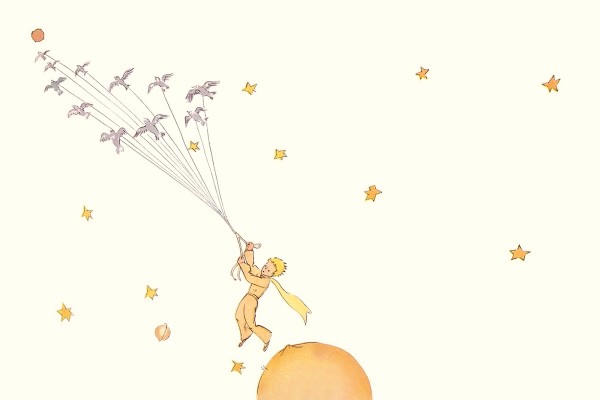
Beautiful insight… thank you for sharing!